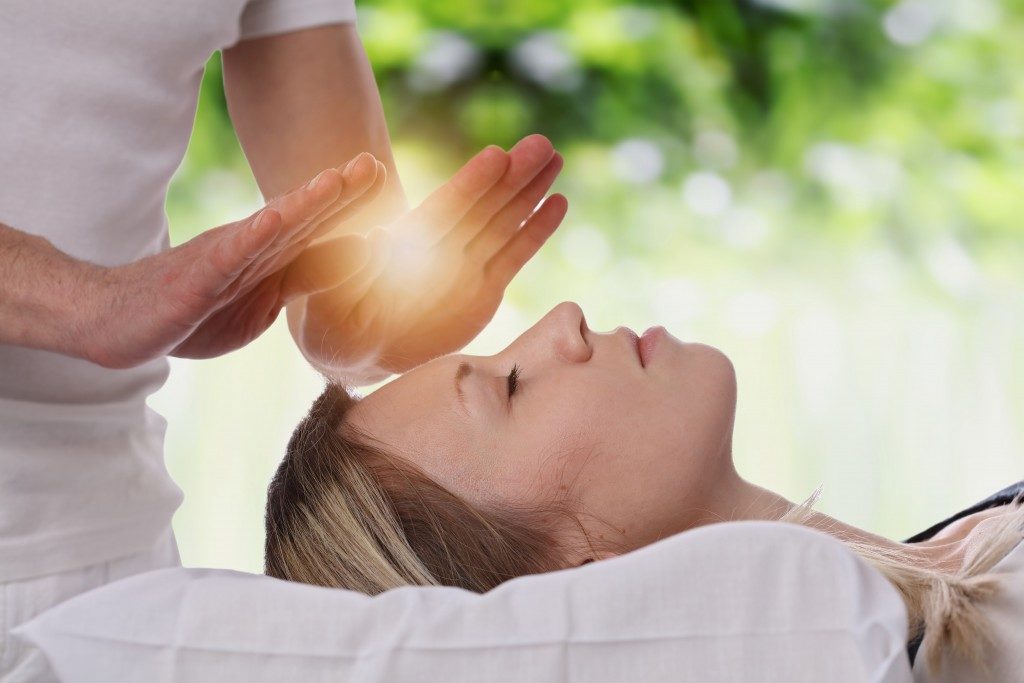- Mindfulness and meditation techniques can reduce stress by improving focus and promoting present-moment awareness.
- Regular massages provide physical and mental benefits, including stress relief and improved blood circulation.
- A holistic lifestyle involving a healthy diet, regular exercise, and adequate sleep reduces stress and improves well-being.
- A clutter-free environment and effective screen time management can significantly reduce stress and promote relaxation.
- Nurturing positive social connections and seeking support can reduce stress and cultivate a sense of well-being.
In today’s fast-paced world, stress has become prevalent, affecting individuals from all walks of life. While external circumstances may be beyond your control, how you respond to stress can significantly affect your overall well-being. Individuals can better protect their physical and mental health by prioritizing stress management.
Recognizing the importance of stress management in maintaining a healthy lifestyle, many people have turned to relaxation techniques and self-care practices to cope with the pressures of daily life effectively. The ability to relax and unwind is crucial for reducing the negative impact of stress on the body and mind.
Through relaxation techniques such as deep breathing exercises, meditation, and mindfulness practices, individuals can cultivate a sense of calm and inner peace, enabling them to navigate life’s challenges with greater resilience. Moreover, incorporating self-care into one’s routine is essential to stress management.
Activities promoting self-nurturing and self-compassion can replenish energy levels and enhance overall well-being. This may include activities like engaging in hobbies, spending quality time with loved ones, practicing gratitude, or seeking support from a therapist or counselor. This blog post will explore relaxation techniques to help you achieve a stress-free life.
Mindfulness and Meditation

In recent years, mindfulness and meditation have gained popularity as powerful tools to help manage stress, anxiety, and depression. The following promotes relaxation and enables you to focus on the present moment:
Introduction to Mindfulness
Practicing mindfulness involves being present, non-judgmental, and accepting of your thoughts and emotions. It helps you become more self-aware and recognize when you become overwhelmed.
Mindfulness can be practiced anywhere, whether at work, home, or in nature. Try incorporating mindfulness by taking short breaks during the day and focusing on your breath or surrounding environment.
The Power of Meditation
Meditation is a mental exercise that improves focus and concentration and reduces stress. Find a quiet space, sit down, and focus on your breath. You may focus on a mantra, sound, or visualization technique. Even 10 minutes of meditation a day can have numerous benefits.
Deep Breathing and Relaxation Exercises
Deep breathing exercises are a quick and effective technique to relax the mind and body. It involves taking slow, deep breaths while focusing on the sensations in your body. You can try progressive muscle relaxation, tense, and then relax different muscle groups.
Massage for Stress Relief
Reducing tension in the body, improving blood circulation, and relieving anxiety are some benefits that massage can provide. Relaxing massage therapy is a popular relaxation technique that has been around for centuries. By incorporating a regular massage into your wellness routine, you can experience profound benefits for your physical and mental health.
The skilled touch of a therapist rejuvenates your body and revitalizes your mind, leaving you with a renewed sense of well-being and inner balance.
Holistic Wellness Practices
A holistic approach to wellness involves caring for the mind, body, and spirit. It includes eating a healthy diet, exercising regularly, getting enough rest, and connecting with others. Implementing these practices can help reduce stress and improve overall well-being:
Nutrition and Stress
What you eat can have a significant impact on your stress levels. Avoid sugary and processed foods and focus on whole foods such as fruits, vegetables, whole grains, and lean protein. Certain foods such as salmon, berries, and nuts have been shown to promote relaxation and reduce stress.
Physical Activity and Relaxation
Regular exercise has long been recognized as an effective stress reliever. When you engage in physical activity, your body releases endorphins, natural chemicals that boost your mood and create a sense of well-being.
The benefits extend beyond physical fitness, whether practicing yoga, going for a leisurely walk, taking a refreshing swim, or enjoying any other exercise that brings you joy.
Quality Sleep and Stress Management
Getting enough sleep is crucial to your overall health. When you are sleep-deprived, you become more irritable and less focused, increasing your stress levels. Creating a bedtime routine, avoiding screens before bedtime, and keeping a calm, dark sleeping environment can help promote quality sleep.
Creating a Stress-Free Environment
Your environment plays a significant role in influencing your stress levels. By creating a serene and clutter-free space, you can experience a profound calming effect on your mind. Here are some tips for creating a stress-free environment:
Decluttering and Organizing Spaces

A cluttered space can cloud your mind, hindering focus and peace. Declutter and organize your home or workspace to create an environment that fosters clarity and productivity. By simplifying your life and streamlining your surroundings, you can reduce stress and anxiety and fully relax and rejuvenate.
Digital Detox and Screen Time Management
Digital detox and screen time management can help improve your mental health and well-being. Limiting screen time before bed, taking breaks from social media, and avoiding work-related emails outside of work hours can help you disconnect and relax.
Social Connections and Support
Connecting with others is essential to your overall well-being. Positive social connections can help reduce stress and promote relaxation. Contact friends and family, or join a support group to enhance your social relationships.
Stress management is crucial for your well-being. You can achieve a stress-free life by practicing relaxation techniques, holistic wellness, and creating a peaceful environment. Mindfulness, meditation, deep breathing, exercise, nutrition, quality sleep, and social connections are vital for managing stress effectively.



